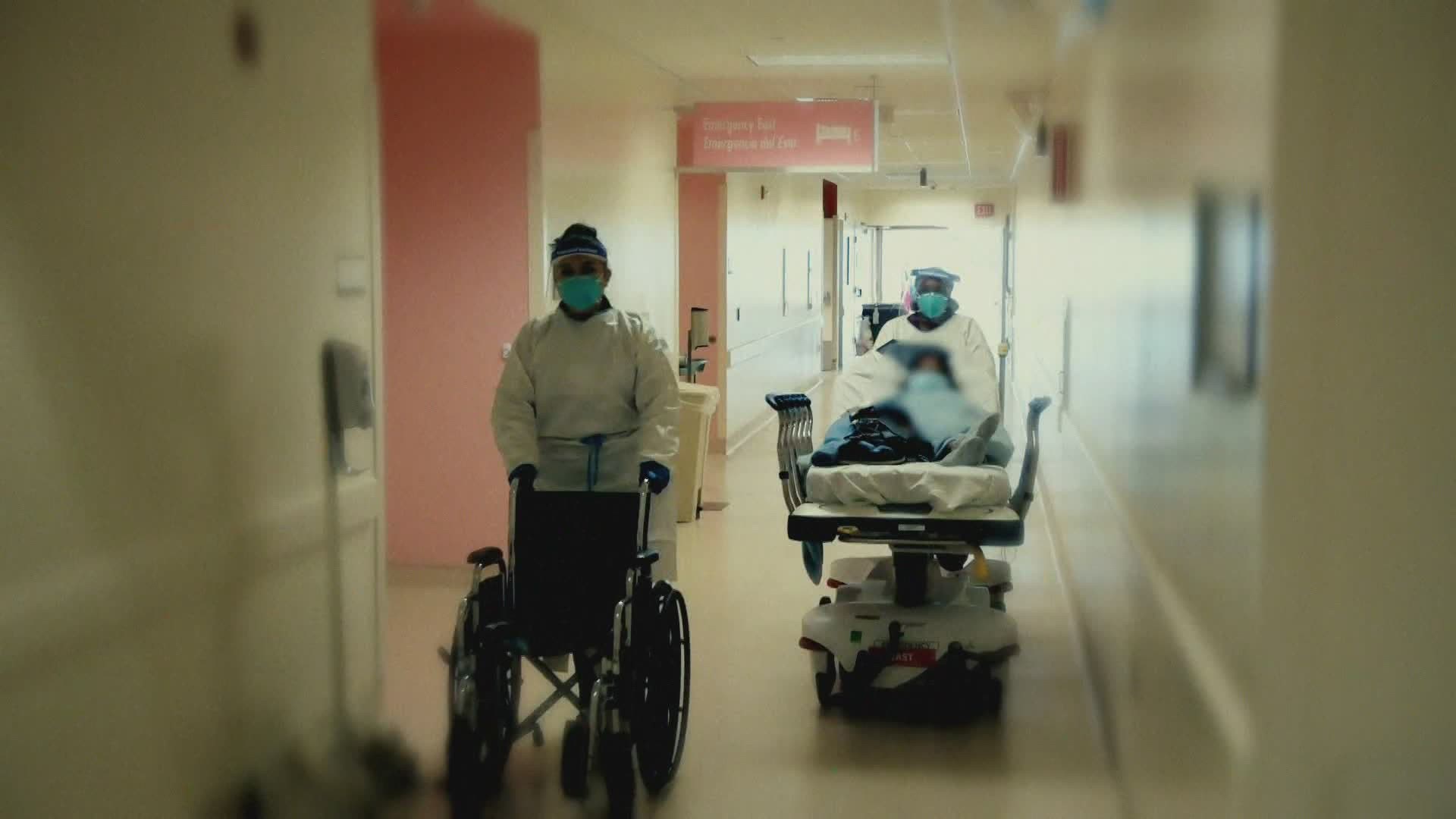AUGUSTA, Maine — Scientists and health officials around the world are closely monitoring new variant strains of COVID-19, particularly one moving through England and is now popping up in other countries and the U.S. Scientists say there is reason for concern and more to learn, but that the new variants should not cause alarm.
Maine CDC Director Dr. Nirav Shah took time during Monday’s coronavirus briefing to talk about the strain in an effort to prepare Mainers for what likely lies ahead.
The new strain, which has shown to spread more easily and quickly than other strains, has already been detected in Colorado, California, and Florida. Monday afternoon, New York Gov. Andrew Cuomo announced the state's first case of the U.K. variant. Shah said it is likely just a matter of time before it arrives in the northeast, let alone in Maine.
“I want everyone to be aware of this, and to start preparing for it right now," Shah said.
New variants have been seen almost since the virus was first detected in China nearly a year ago. Viruses often mutate, or develop small changes, as they reproduce and move through a population. Most changes are trivial.
"It’s the change of one or two letters in the genetic alphabet that doesn’t make much difference in the ability to cause disease,” Dr. Philip Landrigan, a former Centers for Disease Control and Prevention scientist who directs a global health program at Boston College, said.
Experts say the British variant is worrisome because it has many mutations —nearly two dozen — and eight are on the spike protein that the virus uses to attach to and infect cells. The spike is what vaccines and antibody drugs target.
Dr. Ravi Gupta, a virus expert at the University of Cambridge in England, said modeling studies suggest it may be up to two times more infectious than the version that’s been most common in England so far.
In Maine, Shah said the Maine CDC has been actively looking for the new strain in partnership with the U.S. CDC and Jackson Labs. It has not been found in Maine yet, Shah said.
"Although it may very well be present at low levels, thus undetected, we continue to actively look for that strain," Shah said.
The most important thing to know right now about this new strain, Shah said, is that because it seems to spread more easily and quickly than other strains, the risk of being infected is higher than it was with previous strains. If you are infected with this new strain, you are thus more likely to spread it to others.
The good news: People who are infected with this new strain don't seem to have more severe illness than the other strains that are currently circulating. In addition, it's also likely the vaccines we currently have and are developing will still be highly effective against this new strain, although that needs to be highly monitored.
Dr. Anthony Fauci, the top U.S. infectious disease expert, said data coming from Britain indicates the vaccines still will block the virus. But the U.S. also will do tests to be sure.
The variant strain spreads the same way as other, current COVID-19 strains. It's just better at spreading.
Shah said the tools we have used thus far such as face masks and physical distancing will be just as effective at preventing infection from this strain. Shah says given how much more quickly it seems the new strain spreads, those tools are more important now than they've ever been.
"No virus can make you sick if it can't get to you in the first place," Shah said, "and face coverings plus physical distancing significantly reduce the likelihood that the virus will get to you in the first place."
Shah says what you can do right now to prepare for the new strain, is to double down on those bedrock principles. Ultimately the vaccine will be our best defense against this strain and all others, but right now it cannot be our only defense, Shah says.
Watch the full Monday briefing here:
The Associated Press contributed to this report.

